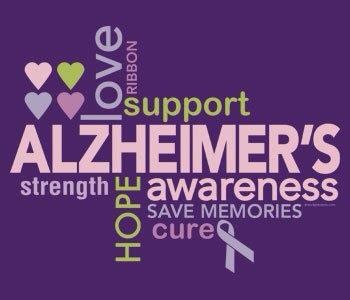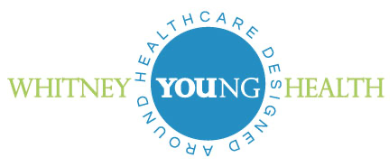
The National Institute on Aging defines Alzheimer’s disease as an “irreversible, progressive brain disorder that slowly destroys memory and thinking skills and, eventually, the ability to carry out the simplest tasks.” Alzheimer’s disease affects the lives of millions of aging individuals and their loved ones worldwide, so it is important to become informed about the disease in order to educate others and deal with its challenges. November is recognized as National Alzheimer’s Disease Awareness Month to raise awareness about Alzheimer’s disease, as well as highlight the information and assistance available to individuals that are dealing with or know someone dealing with the disease.
What is happening to someone with Alzheimer’s disease?
Alzheimer’s disease is a chronic brain disorder. The brain develops tangles, known as neurofibrillary tangles, and plaques, known as amyloid plaques, in the part of the brain that deals with memory. These plaques and tangles cause irreversible damage to the brain’s tissue and neurons, which are nerve cells that transmit messages throughout the body. This damage affects the brain’s functioning and it causes the symptoms that are seen in most individuals with the disease today. The symptoms of Alzheimer’s disease include but are not limited to memory loss, behavioral and personality changes, confusion, problems with speech and disorientation. These symptoms tend to get worse over time but the rate at which these symptoms progress varies per person.
Where does this disease happen or take place in the body?
The onset of the disease takes place in the brain. The early stages of the disease starts off with affecting one’s memory and as time passes, the disease begins to affect other parts of the body, causing an inability to walk, talk, swallow, and speak properly.
Who does this disease affect?
According to the Alzheimer’s Association’s 2015 Alzheimer’s Disease Facts and Figures, 1 in 9 Americans age 65 and older have Alzheimer’s disease and the disease tends to affect women more than men. The disease primarily affects people ages 65 and older but old age does not cause the disease. People around ages 40 or 50 may also begin to experience symptoms of and be diagnosed with Alzheimer’s disease, but these occurrences are not common.
When does the development of this disease begin?
According to the Alzheimer’s Association, damage to the brain may begin as far as 20 years before the actual showing of symptoms and then diagnosis of the disease. The disease progresses in three stages—early, middle and late stages, and each stage presents more challenges that the previous one. The individual may not experience any sort of behavioral or cognitive changes at first, but as time passes, external symptoms and challenges will begin to show and the individual may experience difficulty performing everyday life skills.
Why does someone develop Alzheimer’s disease?
To date, there is no exact cause of Alzheimer’s disease. The symptoms and challenges that develop due to Alzheimer’s are experienced differently for every person so it is important not to assume that one factor plays a higher role in one’s development of the disease than another. The factors that may increase one’s risk of developing Alzheimer’s disease and can affect the rate at which the condition of a person with Alzheimer’s disease develops are age, family history, presence of mild cognitive impairment (MCI), presence of cardiovascular disease, years and level of education received, social and cognitive engagement and history of traumatic brain injury.
How can you help someone with Alzheimer’s disease?
If you or someone you know has Alzheimer’s disease, talk to your primary care physician. Your physician will refer you to the specialists and resources you need to cope with this disease. Being diagnosed with Alzheimer’s disease decreases one’s life span by several years and there is currently no cure, but there are effective treatments available to help a person with the disease manage the severity of their symptoms. As mentioned earlier, this disease does not only affect the person with the disease—the disease affects the person’s loved ones as well. Dealing with Alzheimer’s disease and establishing a treatment plan for the person with the disease can be very stressful, so visiting the sites of organizations such as the Alzheimer’s Association and the Alzheimer’s Society to find information and resources for emotional, financial, and educational support can help too. Remember that your health and well-being is just as important to your healthcare community as it is to you and your family which is why support is readily available to help you or your loved one deal with Alzheimer’s disease.
